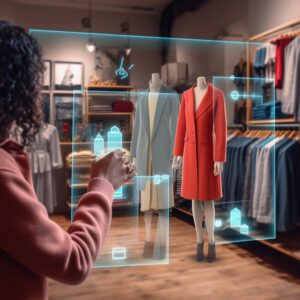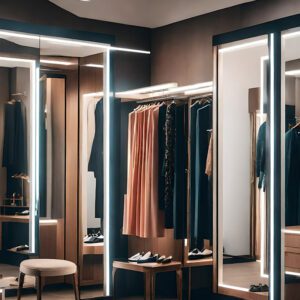During an ideal brick-and-mortar experience, store associates play an important role in engaging with customers and generating sales. Offering advice, feedback and recommendations, these salespeople are meant to be first-hand representations of a brand.
However, 70% of wealthy and affluent customers feel that most sales and service staff do not make positive connections with customers, and as a result, they prefer to bypass sales personnel altogether by shopping online, according to research from Time Inc. and YouGov.
“Only 25% of consumers said they love shopping in stores,” noted Cara David, Consultant for the survey at YouGov. “This is because very few people say they have a strong relationship with front-line sales or service staff. And when customers end up making purchases in stores they’re consistently disappointed by the lack of engagement and interest from associates.”
Advertisement
The Q2 Survey Of Affluence And Wealth was crafted to provide a detailed view of the wants, needs and perspectives of the wealthiest 10% of the U.S. population who have an annual household income of $125,000 and above.
Many associates — even those working for luxury brands — are unengaged with customers because they are not knowledgeable of the products they’re selling, according to Dr. Jim Taylor, Vice-Chairman of YouGov.
“The people behind the counters don’t know the details that separate luxury products from others,” said Taylor in an interview with Retail TouchPoints. “They have to fall in love with the products they’re selling and need to build a relationship with customers motivated by a collective or agreed-upon love for the product.”
After all, if associates don’t understand the value of the product and strive to create a differentiated experience, even the wealthiest of customers will feel uninspired and be unwilling to spend they’re hard-earned money, Taylor explained.
A New Spending Mindset
During the 2008 recession, “60% of affluent America thought they were going to lose their jobs during the recession and it scared them,” Taylor said. As a result, these consumers adopted more savvy spending habits, seeking out discounts and only paying full price for products they believed were worth the money.
“People learned to use technology to review the details of distinction that separate the sublime products from the merely excellent,” Taylor said. “They would purchase items at full margin if they were ‘worth it’ and had the quality, craftsmanship and service.”
The desire for quality products is still present among wealthy and affluent consumers. However, 78% of affluent and wealth consumers said most luxury products being sold today are not compelling to them. Additionally, 71% of respondents said that most new products that are labeled as “luxury” do not align with their personal definition of “luxury.”
Wealthy consumers “want to touch and feel products to make sure they’re satisfied with it before they make a purchase,” Taylor said. “They’re making smarter decisions and have become very good at not only determining what they really want but also what they really need.”









